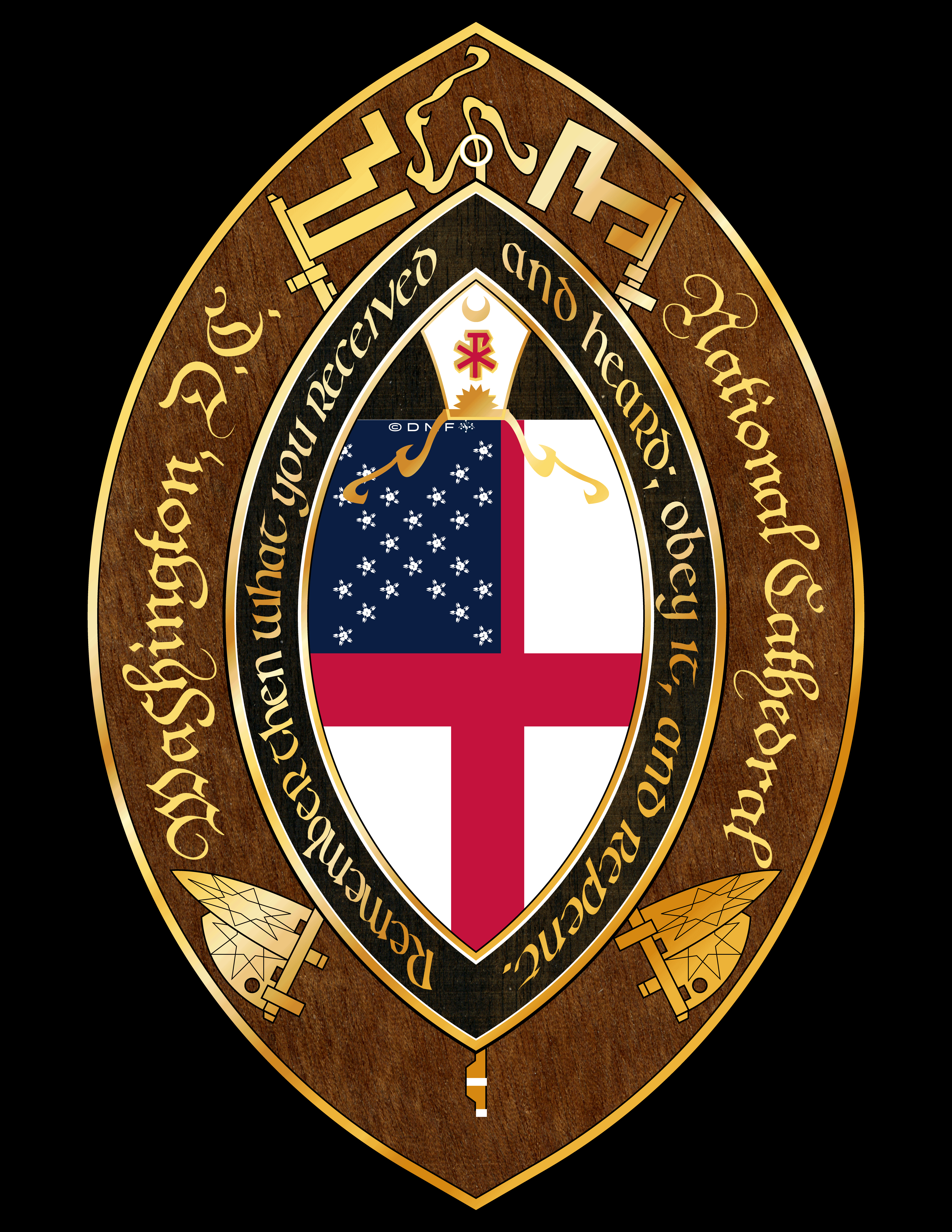HOME | DD
 Mobiyuz — Kaikoku, The 'Open Country'
Mobiyuz — Kaikoku, The 'Open Country'

#alternatehistory #eastasia #japan #alternatehistorymap #japaneseempire
Published: 2022-09-05 09:38:45 +0000 UTC; Views: 16263; Favourites: 168; Downloads: 40
Redirect to original
Description
I was not expecting it to be this long.
---
As the age of warring clans came closer to its end, Nobunaga was betrayed. Akechi Mitsuhide marched his forces on Honnō-ji, and seized the castle with little effort, but Nobunaga was nowhere to be found. The next morning, Akechi received a message from Oda . A mere servant had betrayed his attempt, and warned him before his arrival. Unable to bear it, Akechi committed seppuku, and when Oda returned to Honnō-ji Akechi's soldiers were punished by having every third man beheaded. Having suffered such a betrayal, Oda threw himself fully into finishing his conquest of the country. His defeat of his rival Daimyo was completed by the end of the century, and in 1591 Oda was fully in control of the entire country, having restored order for the first time since the beginning of the Muromachi Period, and ushered in the new Oda Period in which the power of a central government was fully enforced in a way that hadn't been seen since the Nara Period.
Thus was the historical turning point for Japan, when the government of Oda Nobunaga centralized its power in his hands so thoroughly that when he died in 1624, his son Oda Nobutada found it nearly impossible to fill the position. However the ones to re-assert their position would not be the Daimyo, with their having been thoroughly neutered by Nobunaga's campaigns of terror, but the Imperial Court. Empress Meishō seized upon the opportunity of Nobunaga's death to redirect power from the Shogunate to her own hands, putting the monarchy in charge of the country after centuries of control by various bakufu. Having re-centered power, a new period began that would be dubbed the Kaikoku Period, an age when the Japanese Empire would begin facing outwards after centuries of inward focus and conflict. Seeking to rival the power of the Chinese across the waters, Japan would take advantage of the ongoing collapse of the Ming Dynasty to try and extend its reach in East Asia and beyond.
In 1641, a Spanish delegation from Macau arrived in Nagasaki. Negotiating with the provincial governor as their intermediary, Spain was able to negotiate the sale of a number of muskets and firearms to the Japanese government, which the Japanese were able to begin studying. At the same time, the collapse of the Ming Dynasty and its supplanting by the Manchu-ruled Qing Dynasty gave the ability to muscle into Korea, leading a war with the Qing that would ultimately lead to a Manchu victory, but which established Japan as willing to oppose the mainland dynasty. This soon became important when facing south: after securing the submission of the Ryukyu Kingdom, Japan was able to intervene on behalf of the "Kingdom of Tungning" to prop up what amounted to a puppet state of Ming loyalists. Although the ultimate goal of the Koxinga was to drive out the Manchu, Japan saw them as little more than a useful card to hold against the Qing, constantly threatening the potential of restoration.
The expansion of the Japanese sphere of influence was carried out gradually, as much to the disappointment of the Imperial Court the Qing soon entrenched themselves and consolidated power over the mainland. Meanwhile, the presence of the evangelizing Spanish and Portuguese had been supplanted by the less zealous Dutch, French, and English, through whom the Japanese carried out the practice of Seigaku - "Western Learning", studying European science, philosophy, and research in order to keep themselves abreast of developments in the rapidly evolving societies of Europe. This would prove prescient, as by the 1700s Japan had rapidly begun to pull ahead of China in terms of technology and its maritime presence, leading to the increasing thought in Japan that their primary enemy moving forward would no longer be China, but Europe. Consequently the Japanese began a major shift away from a focus on its land forces and towards naval development, exemplified by the voyage of the Banryū from Edo port all the way to what the Spanish had dubbed San Francisco Bay. Although the captain of the expedition made an effort to lay claim to the bay as a Japanese colony, it meant little when Spain also claimed the entirety of the west coast of North America.
That didn't mean that such a voyage precluded Japan from having its own presence, and on that same voyage the men of the Banryū had established tributary states in the Hawaiian Islands, grouping the feuding island clans into a Japanese holding which enabled them to trade across the Pacific. The stagnating Qing Dynasty had informally appointed Japan as its intermediary for trade with the Europeans, which further enriched its coffers and allowed the country to benefit from Chinese laziness. It came to a point in 1771 when Japan moved to fully annex their puppet in Taywan, bringing the ire of the Qing (who saw it as their rightful land) and triggering the "First Sino-Japanese War". Although the land campaigns against the Qing were just as difficult, their massive naval buildup allowed Japan to trounce the Chinese at sea and keep them from even landing soldiers on Taywan. Japan was able to fully annex the island, as well as seizing the island of Jeju from the Koreans.
Although far from ideal, victory was victory and the fact that the Japanese had defeated their mainland rival was a cause of great celebration. Japan now considered itself equal to any Western power, though the same considerations weren't extended by Europe to the Japanese. Still, Japan's power was growing and they soon came to blows with the Spanish when a minor trade dispute in the Philippines exploded into war in 1785. The Spanish sailed with expectations of an easy victory, but the newly empowered Imperial Japanese Navy crushed the Spanish fleet outside Shuri, losing just three ships when the entire Spanish fleet was destroyed. Only then was Japan considered to be a match to a European power, as while even in decline (and on the verge of total collapse) the Spanish Empire was considered one of the world's strongest nations. That Japan had defeated it had put Japan in the running to pose a major threat to all of Europe's power, and this was recognized by Britain in the Anglo-Japanese Accord of 1789, which established a non-aggression pact between the UK and Japan.
With Japan ascendant, the country made a second attempt at a colonial empire. Further consolidating power in Hawaii and expanding its tributary influence into Southeast Asia, Japan sailed west and led an ambitious effort to once again conquer San Francisco Bay. By then Spain was suffering through the Napoleonic Wars, and with Mexico on the verge of revolt Japan was in an ideal position to take control even if the Spanish had been dug in. However, the Japanese had failed to consider the broader scope of European politics. Russia and Britain also had interest in the area and were both equally disinterested in Japan muscling in on North America. Although Japan did achieve victory, pressure from the two rival powers forced them to withdraw and introduced Japan to the crushing reality that it was now playing Europe's game and thus had to do so by Europe's rules. It was at the very least better than the situation for the Qing, where a war between the United Kingdom and the Qing led to its defeat at the hands of the British Empire.
Japan was at least more secure in its position, though it had new issues. Industrialization was taking hold in the world, and the Seigaku studies had brought it to Japan. But there was a problem: Japan was resource-poor. The priorities of the government now shifted to resource acquisition, jockeying with Europe for influence over East Asian nations in order to secure resources. The primary focus would be, as it had long been, Korea. The Joseon Dynasty was languishing under a centuries-long policy of isolationism and conservatism, and with the Qing firmly in decline Japan made its move. After assuring the British, Russians, and Americans that their interests would be protected, Japan invaded Korea and swept the peninsula in a matter of months. The Qing, still dismissively seeing Japanese as the barbaric "Wa", hoped for more success against another Asian nation and found the campaign just as ruinous. Japanese victories allowed them to march all the way through Manchuria and right to the gates of Beijing. Presenting an offer of "surrender" which nonetheless gave Japan suzerainty over Korea and inroads to Manchuria, Japan claimed victory in the Second Sino-Japanese War.
The ascendant Japanese Empire was now a point of concern for the Russians, and Japan was equally concerned. Reaffirming their accord with the UK in 1857, Japan took the opportunity to stage an incident where the Japanese ship Gōki, docked in port at Okhotsk, exploded without warning. The Japanese used it as a pretext for declaring war against Russia (under the guise that it had been a deliberate sabotage) the Russo-Japanese War was as much a stomp for Japan as the Sino-Japanese Wars. In just two years Japan threatened to conquer the entirety of the poorly-settled Russian East (ambitious but impractical, given Japan's shaky logistics) but the pressure was enough that with Russia still reeling from the Crimean War, they were forced to concede to Japanese dominance in East Asian affairs and to limit themselves to the Amur River as their southern boundary. The growing power of Japan could no longer be ignored, and Japan further flexed its might by using its developing industry to supply the Union against the Confederates during the American Civil War, as a sign of peace and goodwill.
Japan occupied an odd position in the world at the end of the 19th Century, one where it was considered as powerful as Europe or the United States, but not counted among their ranks as a great power. Much of it was simple provincialism, since the metrics of power were largely dominated by Europe but the fact that Japan was able to simply buy the Philippines from Spain in 1895 showed the degree to which it could negotiate on equal terms with the West, not just through war but in diplomacy. Still, even if it was powerful it had issues. Not only did it continue struggling to meet its resource needs, but Europe had been picking China apart and it was only by Japan's influence that it was kept from being fully carved up. And finally in 1910, the people of China had enough. They threw out the Qing and declared a Republic, declaring they would out all foreign influence, Japan included. Scrambling to keep its influence, Japan clamped down harder on Korea and its military carved Manchuria back out of China to serve as a puppet state for the Manchu to rule, where the exiled Qing continued to claim that they rightfully ruled China.
The tenuousness of Japan's position soon came into focus with the outbreak of the First World War in 1911 between France and Germany over control of Morocco. Aligning with Britain, Japan could do little directly but now had to contend with China falling apart and struggling to defend its own influence in the region. Although on the same side of the war (China declaring war against Germany and Austria-Hungary), Japan and China fought each other more than any other state and the Third Sino-Japanese War ended with Japan fully annexing Korea, seizing control of Hainan, and occupying much of Jiangsu Province from Shanghai to Nanjing. The bulk of fighting took place outside of Japan's heartland and at the end of the war, while most of Europe was devastated the United States and Japan were the only nations to emerge with a relative degree of being unscathed. Japan was also able to take advantage of the ongoing chaos in Russia by invading from the east, carving out a new puppet state of "Transcathay" while serving a pivotal role in the defeat of the Bolsheviks. In theory Japan was now at the height of its power, but those in the circles of power knew how bad their position actually was.
Although Japan controlled everything from the Dzhugdzhur Mountains to the Mekong River (having seized Vietnam for itself) and was expanding its military control in China, Japan was vastly overextended and even control of mineral-rich regions of East Asia couldn't keep it from suffering near-constant shortages of everything from rubber to coal to oil, things that almost everyone around it had. Turning away from China for a time it instead began to prepare for a war against the European powers, waiting for an ideal moment. It would never come, and even when Europe's economy collapsed in the mid-1920s Japan's collapsed as well. Relying heavily on political willpower to hold its empire together, by the late 1930s it was all coming apart with anti-Japanese revolts across the entirety of its sphere of influence. With China having descended into an ultra-authoritarian dictatorship that had at last restored order internally, the "Chinese Union" declared a Fourth Sino-Japanese War to liberate East Asia and create what it described as the "Greater East Asian Co-Prosperity Sphere".
With the nominal support of the US and Britain, Japan expected another sweeping victory but unexpectedly found itself forced back on all fronts as China swept the mainland. Its naval dominance was still unchallenged but Japan found itself in a desperate struggle to hold a defensive line at the Tumen River, expending vast amounts of resources and manpower in a desperate gamble to keep hold of Korea. Southeast Asia fell as well, and the European nations were dragged into the conflict as China marched outwards in all directions. The Second World War had been expected in Europe, but when things calmed in Europe they exploded in East Asia and the vast resources of a unified and industrialized China were more than a match for the rest of the world put together. Russia, Britain, and Japan now formed the core of the New Entente while China stormed into Siberia and began a lightning war campaign into Central Asia and threatened to march as far as the Urals.
China's nearly infinite manpower and resources dragged the war from 1938 to 1944, after which it secured an armistice and agreed to withdraw from Siberia and British India but kept a stranglehold over Southeast and Central Asia. Nurgan and Transcathay both fell into the Chinese orbit, and Japan managed only to hold onto Korea, but even that was impossible to hold onto. By 1954 increasing anti-Japanese sentiment and Japan's worsening political and economic situation left it unable to hold onto the peninsula. A restored Joseon Dynasty was enthroned and Korea became independent for the first time in a century. Japan was now reduced to being a solely insular nation stretching from Karafuto to Taywan. Down but not out, Japan remained an important bulwark in the "Frozen War" against the Chinese Union. With its economy soon recovering, Japan reclaimed its place as one of the world's great powers and would form a pivotal role in reforming the League of Nations to being the United Nations, holding a permanent seat on its security council.
Modern Japan is the inheritor of a national legacy of nearly constant ascendancy to greatness, counted as one of the world's foremost powers and its second-largest economy. Although sitting at the edge of Chinese hegemony, it has remained a stable democracy since the issuance of the Seika Constitution in 1923 and has become a cooperative member of the global arena. Leaders in science and technology, Japan has compensated for its lack of resources by utilizing the minds of its people to develop the new forms of mechanization and automation that is driving the Third Industrial Revolution. But uncertainty looms in an age when population growth has slowed to a crawl, and the economy is entering a long plateau. Some have suggested that Japan has reached the maximum capacity of its growth, while others say that it's simply part of how nations grow and develop. Whichever is true, Japan's long period of uncertainty seems poised to continue on for years to come, a prospect which hangs gloomily over the whole nation.
Related content
Comments: 16

👍: 0 ⏩: 0

👍: 0 ⏩: 0

👍: 0 ⏩: 0

👍: 2 ⏩: 0

👍: 1 ⏩: 1

👍: 0 ⏩: 1

👍: 0 ⏩: 1

👍: 0 ⏩: 1

👍: 0 ⏩: 0

👍: 1 ⏩: 0

👍: 0 ⏩: 0

👍: 1 ⏩: 0
























